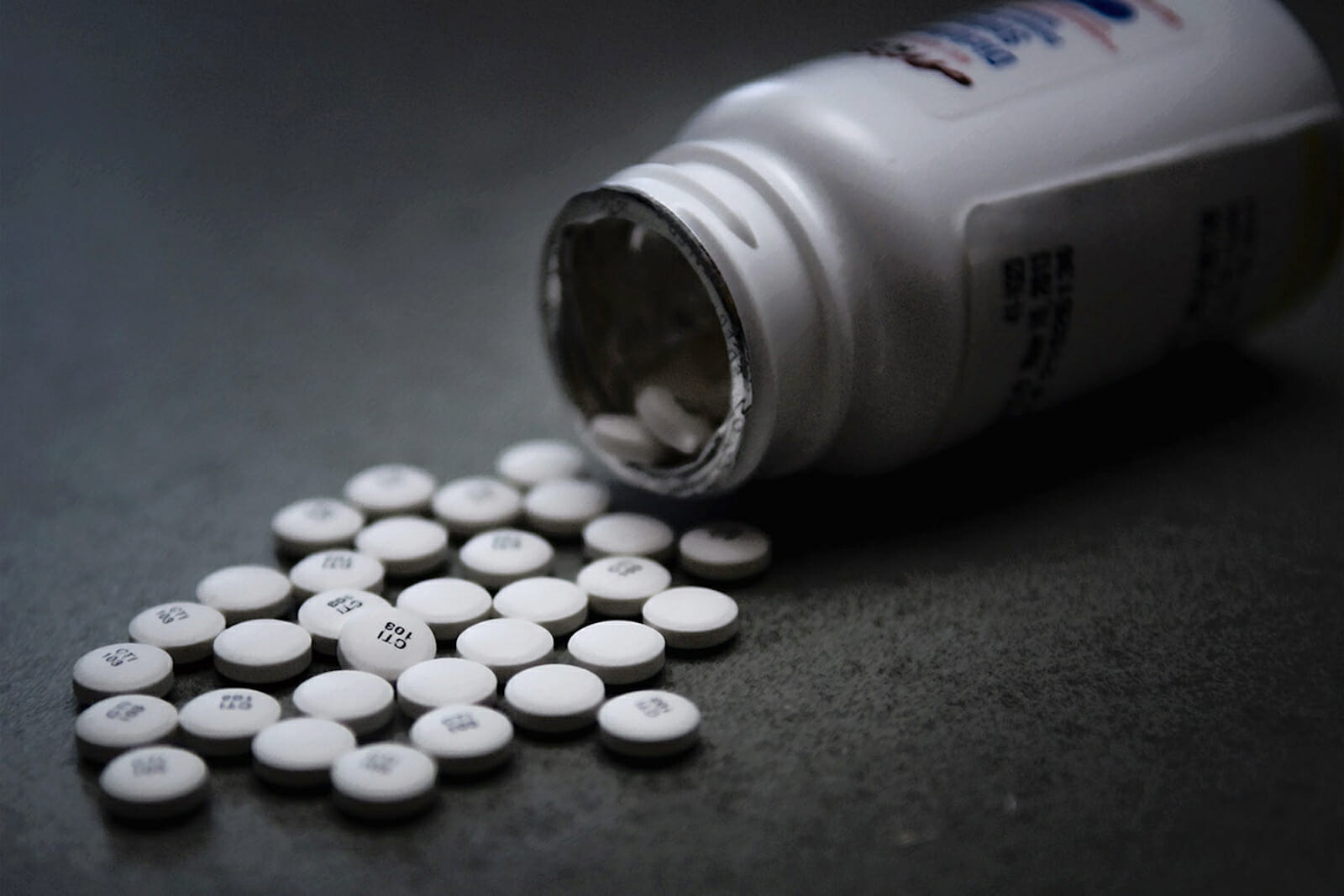
Will States Make Big Pharma Companies Pay for Opioid Damage?
The opioid crisis continues to destroy lives and cause senseless deaths across the United States. Many of those who developed addictions to the substances did so not because they purchased heroin off a shady character in a trench coat in a back alley. They developed a comorbid disease of addiction along with their other health issues simply by taking the medications their doctors prescribed.
Now, several states have initiated lawsuits against opioid manufacturers as well as some physicians and pharmacists to sue for damages. One such state is Oklahoma, where Attorney General Mike Hunter has accused pharmaceutical giant Johnson & Johnson of using deceptive marketing practices to oversupply opioid pain medications. The case marks the first of several such lawsuits to proceed to trial.
History and substance of the Oklahoma suit
Previously, the state of Oklahoma settled two such suits to the tune of millions of dollars. On March 26, 2019, pharmaceutical company Purdue Pharma agreed to pay $270 million to fund addiction research and treatment programs in the state. Earlier this month, Teva Pharmaceuticals Industries, LTD., agreed to an $85 million settlement to the state in order to avoid going to trial. Although Teva refused to admit culpability, their reticence to take the stand implies less-than-above-board practices.
The final plaintiff, Johnson & Johnson, is the last man standing, so to speak, at least given the way corporations are treated as human beings under U.S. law. Janssen Pharmaceuticals, a division of Johnson & Johnson, stated they wish to proceed to trial as they disagree with what they dub “overly expansive” interpretations of public nuisance law in holding manufacturers responsible for opioid addiction. Should they prevail on this theory, it will set a troubling precedent for the nearly 2,000 other lawsuits filed by states against opioid manufacturers.
However, legal eagles for some of the biggest pharmaceutical companies in the nation didn’t grow fat wasting time in court when less expensive options for settlement exist. And Johnson & Johnson proves no exception. A spokesperson for the company prior to the trial start admitted if the state submitted a reasonable offer, it would consider settlement to protect the investments of their shareholders.
However, on May 28, 2019, opening arguments began in State of Oklahoma v. Johnson & Johnson. In the trial, the state of Oklahoma seeks to recover $17.5 billion from Johnson & Johnson, one of the largest proposed settlements in such suits. Should the state ultimately prevail, the precedent will make other pharmaceutical manufacturers even more likely to settle such lawsuits out of court in hopes of saving money.
During opening arguments, defense attorney Larry Ottoway for Johnson & Johnson argued in 2009, when Janssen Pharmaceuticals began the manufacture of brand name and generic opioids, they based safety information along with FDA guidelines. At the time, the FDA claimed opioid-based medications rarely caused addiction.
However, today’s opioids little resemble the old school morphine used by hospitals for decades, and which, legitimately, rarely caused addiction. Fentanyl, for example, is 50 to 100 times more potent than morphine. The fact remains that today’s formulations have a much greater potential for addiction while also increasing the risk of fatal overdoses.
During opening arguments, Ottoway also made an emotional appeal to the valid need to help patients suffering from chronic pain. As the proceedings represent a bench trial, meaning a judge, not a jury, issues the determination, Ottoway asked the Honorable Judge Thad Balkman to consider living in pain which never fades, never gets better, and never goes away. Ottoway argued forcing patients to go without medications providing them at least some quality of life can lead to suicide when the agony grows too much to bear.
Ottoways claim has merit, as online support groups for chronic pain patients illustrate the misery these folks feel when they are stripped of needed medications under the new prescribing guidelines. Even the Center for Disease Control (CDC) recently admitted the new prescribing guidelines were being applied too strictly, resulting in unnecessary suffering.
Ottoway correctly claimed the burden lies with the state of Oklahoma to prove the company intentionally misled customers. Without such intent, he argues, the state lacks proof Jenssen did anything but create medically-necessary drugs.
Conversely, Attorney General Mike Hunter argued the evidence would show 4,000 Oklahoma citizens perished from overdoses of prescribed opioids between 2007 and 2017. The state indicates settlement funds will go to screen Medicaid patients receiving opioid medications for addiction several times annually. They also hope to benchmark settlement funds for creating a needle exchange, a use Jenssen cites as unfair considering the manufacturer never created opiates designed for intravenous injection.
What the trial results could mean
Currently, 27 states have lawsuits pending against various pharmaceutical companies, with suits against Purdue Pharma, maker of Oxycontin, most prevalent.
Purdue has settled many of these suits out of court already; however, should Johnson & Johnson prevail against Oklahoma, their strategy for handling such lawsuits likely will change. Other manufacturers also will base future legal strategy upon the precedent.
Ottoway admits his chances of prevailing are up to the judge, but is determined to fight. He compares the case to a David versus Goliath scenario.
Even though settlements in opioid suits seem huge, they pale behind the cost of addiction. The opioid crisis has cost America $78.5 billion each year between emergency responses, hospital fees, and addiction treatment centers. Should the state of Oklahoma prevail, other states will no doubt move to offset such costs with further lawsuits.
Paying for addiction care
Addiction costs the U.S. a ton in both money and also, more importantly, in human lives. The legal system has operated from the onset on the principle of when one party injures another, the injured party should receive compensation — this has been true since the early days of English common law. If opioid manufacturers did spur the current crisis, they should pay to clean up their own mess.

